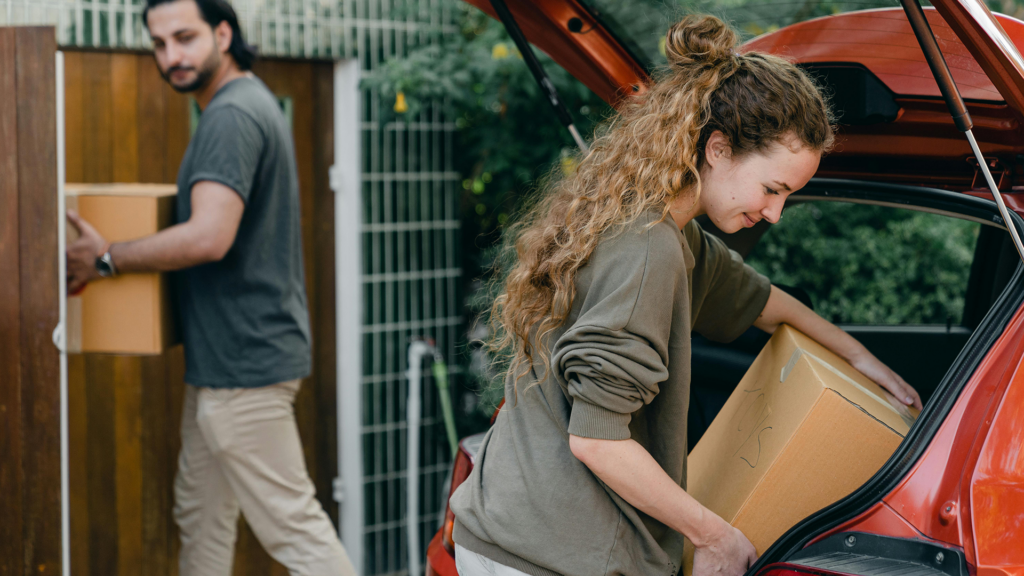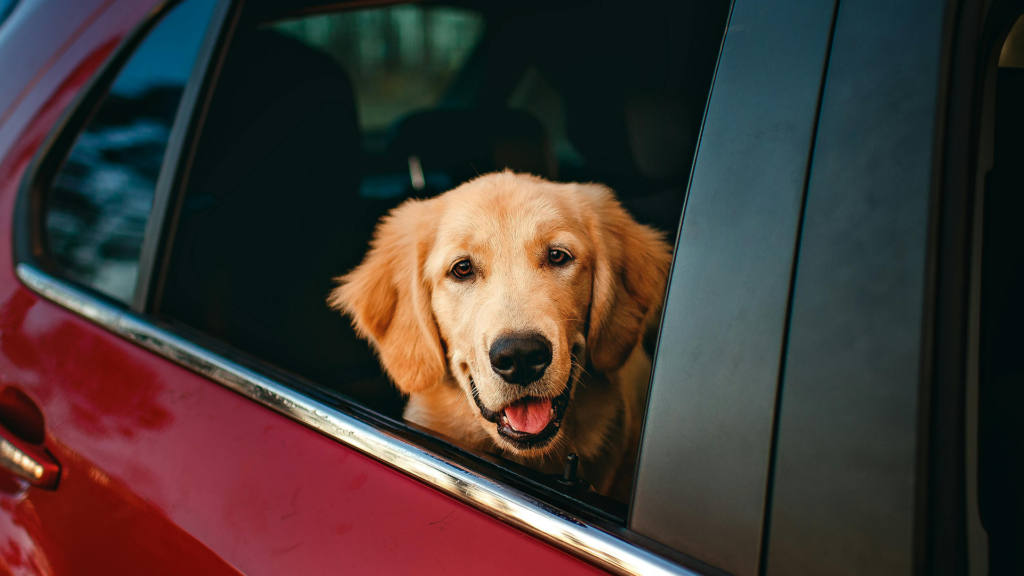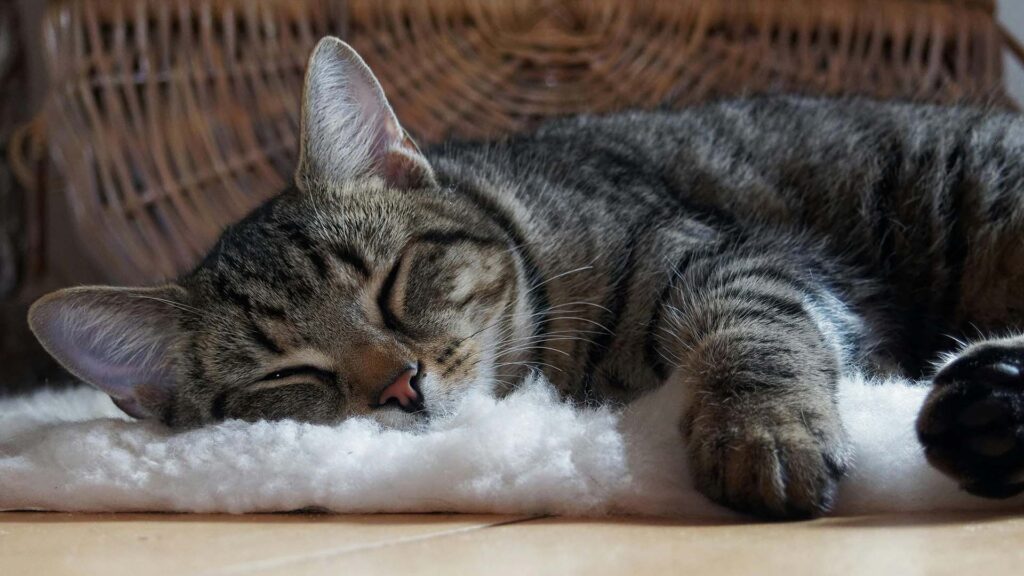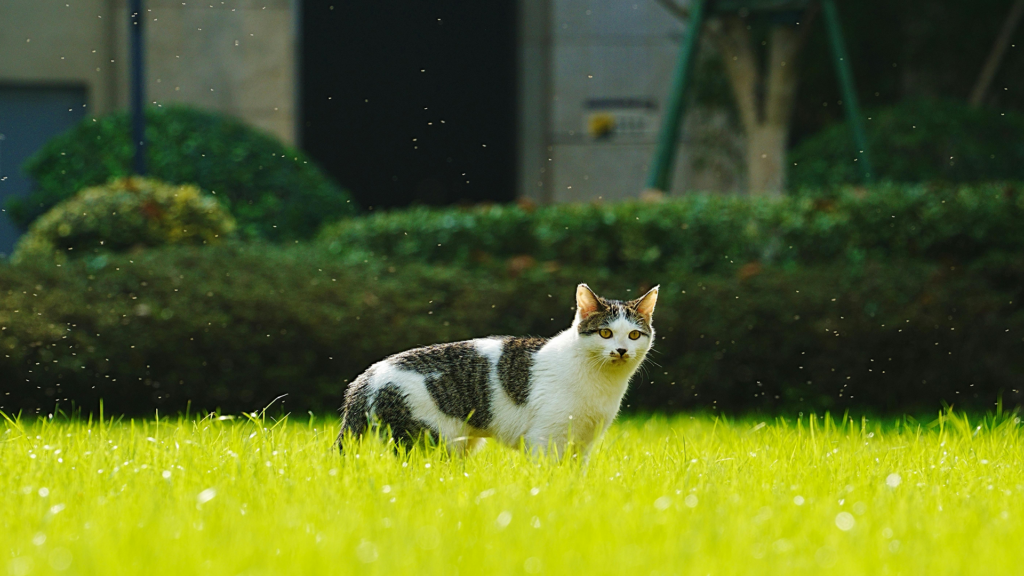Moving With Pets
06-01-2025 Blog
Moving day can be challenging for both you and your pets, as it often brings a whirlwind of activity, changes in routine, and unfamiliar environments. While this process can feel overwhelming, the right preparation and mindset can make all the difference in ensuring a smooth transition for everyone involved. Here’s some helpful tips to make the transition as stress-free as possible:

Think About Travelling
If you’re moving a small distance, travelling with your pet is relatively simple. However, it’s still important to make sure you have a well-ventilated carrier or crate that’s the right size for your pet. And that they are comfortable and secure for the trip. If you are travelling a long distance in the move, having a litter tray, collapsible travel bowl, some food, and plenty of water is a must. Also, take regular breaks to allow your pet to stretch, hydrate, and relieve themselves, and just get a break from travelling.
Several experts suggest putting your pet in a cattery/ kennel, or even having a friend or family member take care of them for the move. This gives you time to make your new home smell more like you and creates a less chaotic environment for them.

Pheromone Diffusers
If your pet is nervous or reactive, pheromone diffusers can help ease their anxiety. While moving house, your own stress levels will be higher, and your pets pick up on this. These diffusers are designed to release a chemical that produces a calming effect on your cat or dog. The effect can create a sense of security and reduce stress during the move, allowing a smoother transition process for your animals.

Settling In
Many pet care experts recommend introducing your pet to your new home only after you’ve moved most of the furniture in. Making sure they have a familiar scent around them and dedicated space to settle in is hugely important. Giving them a quiet room, or corner with familiar scents will ensure they have a place they feels safe in the chaos of moving.
For outdoor cats, keep them indoors for at least one to two weeks to help them adapt to their new surroundings. Blue Cross also advises sprinkling some used cat litter round the perimeter of the garden: this serves as a territorial marker for neighbouring cats and helps your pet recognize the area as home.

Microchipping
Microchipping is now mandatory across the UK, so making sure your pets are microchipped, and have up to date microchips is a priority. Ensure your pet’s microchip details are updated with your new address to prevent confusion if they go missing. This also applies to adopted pets. Getting your animals registered and up to date is for their safety and your sanity!

Got any questions or feedback on the article? Or a topic you would like to be covered in a future blog? Email caitlin.willis@clarendonhomes.co.uk today, I would love to hear from you!


